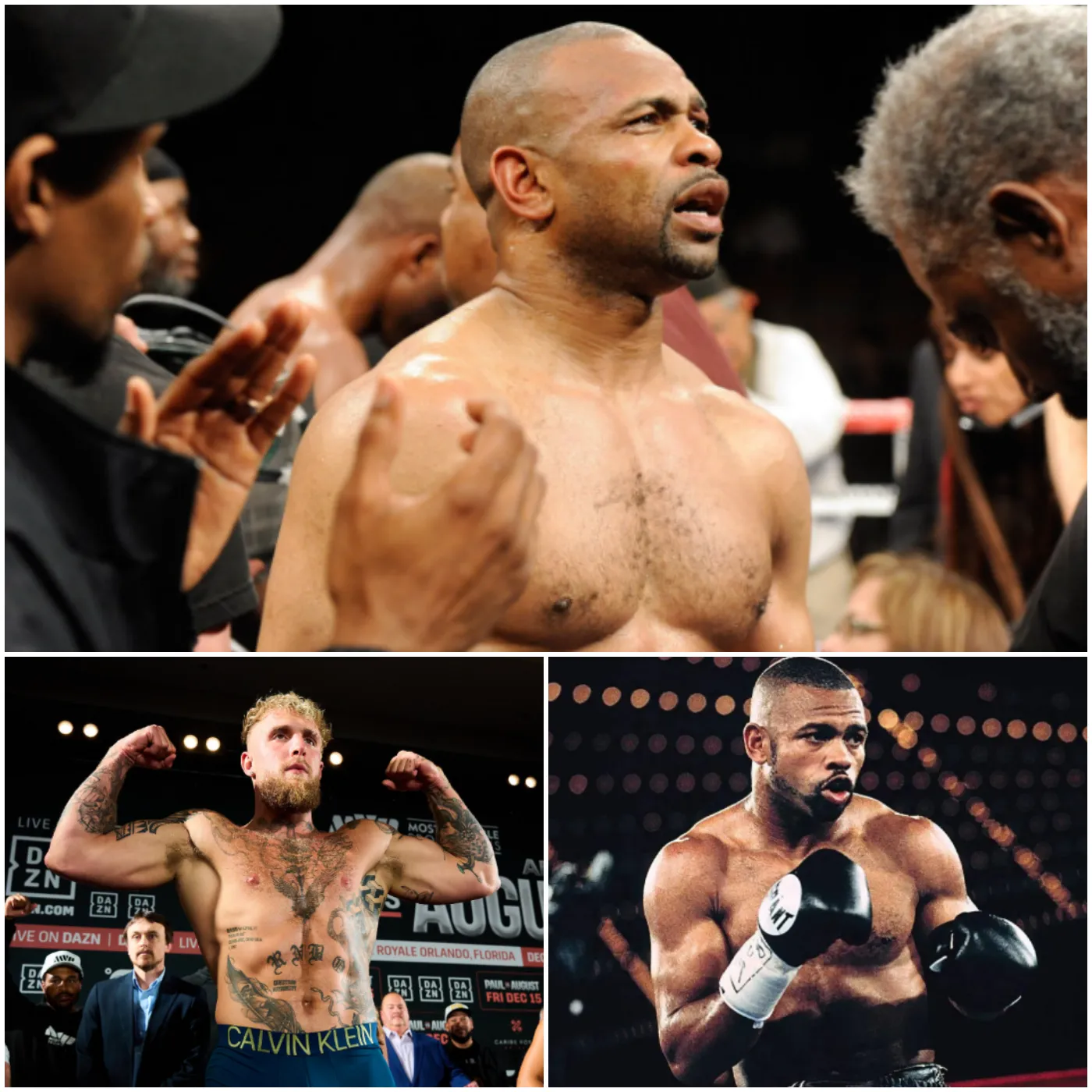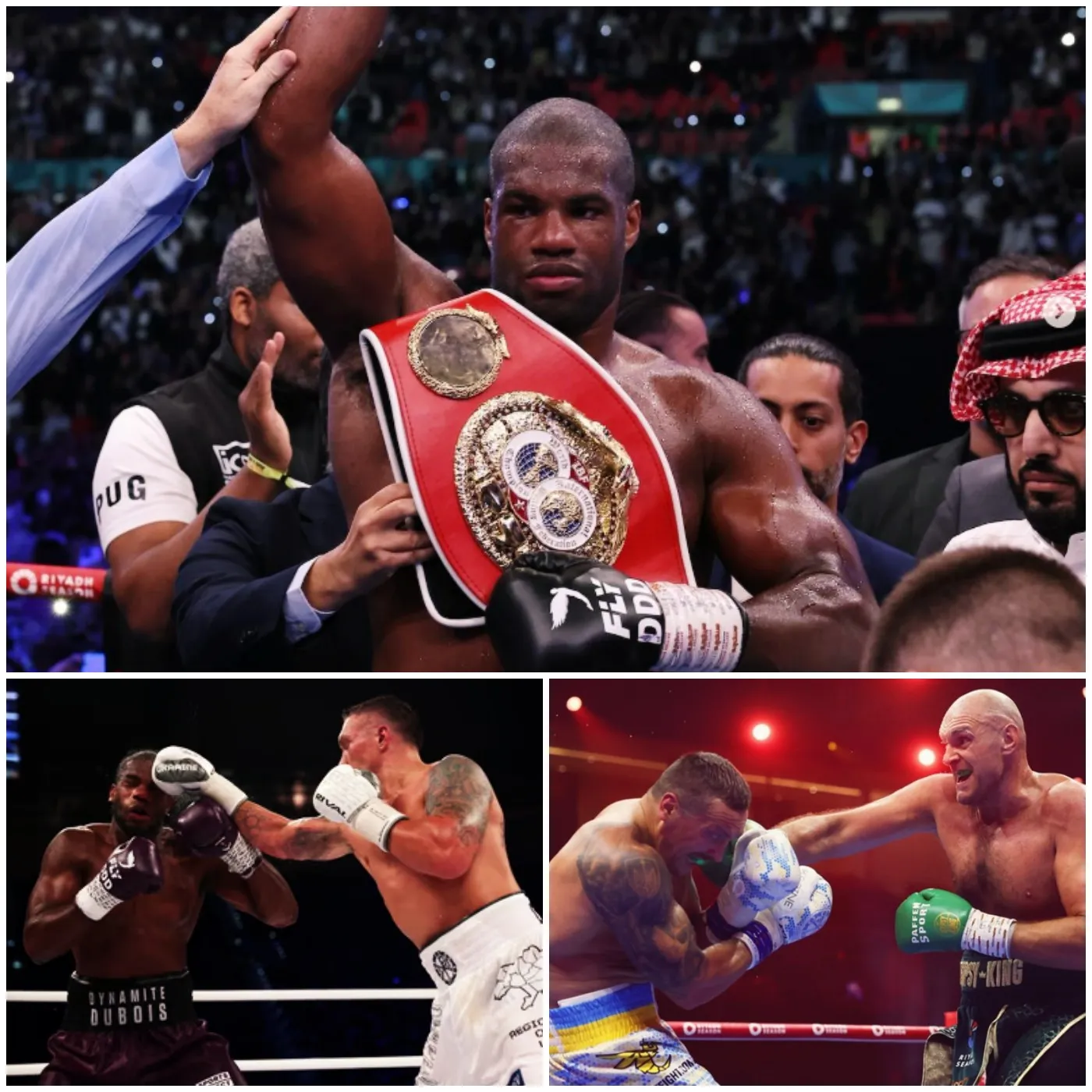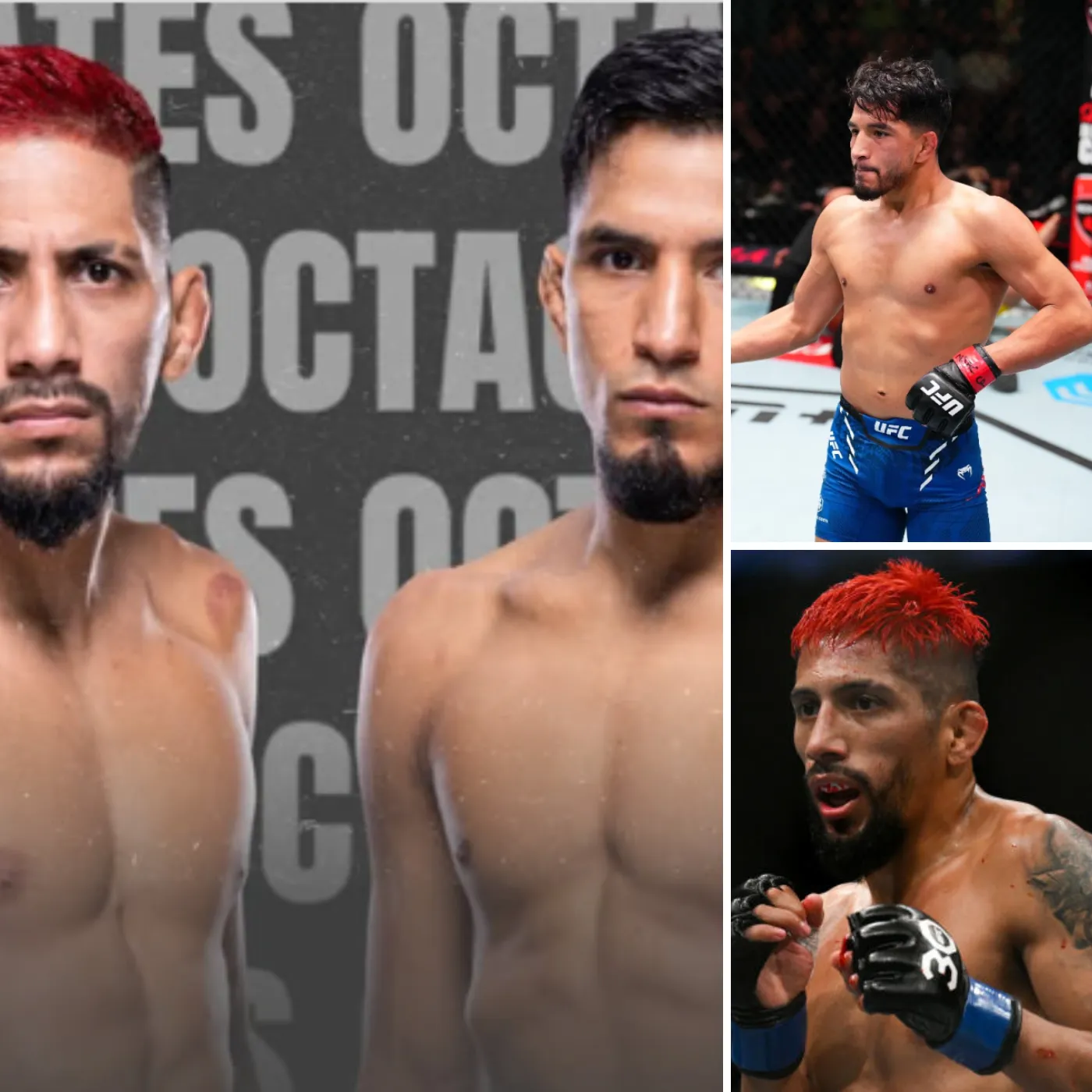Is Tyson Fury Hiding His Weaknesses Behind a Big Mouth?
Introduction: Tyson Fury, the former heavyweight champion known for his unmatched charisma and larger-than-life personality, has become as famous for his constant trash talk as he is for his boxing prowess. His bold statements, taunts, and often controversial comments have captivated fans and critics alike. But beneath all the bravado and bold claims of invincibility, […]

Introduction: Tyson Fury, the former heavyweight champion known for his unmatched charisma and larger-than-life personality, has become as famous for his constant trash talk as he is for his boxing prowess. His bold statements, taunts, and often controversial comments have captivated fans and critics alike. But beneath all the bravado and bold claims of invincibility, one pressing question arises: Is Tyson Fury hiding his weaknesses behind a big mouth? Does his constant trash talk point to a deeper insecurity, or does he genuinely believe that he’s unbeatable?
In this article, we explore how Tyson Fury’s trash-talking persona could be masking insecurities and potential vulnerabilities, particularly after his recent loss to Oleksandr Usyk, and whether his overconfidence is a strategic approach or a defense mechanism.
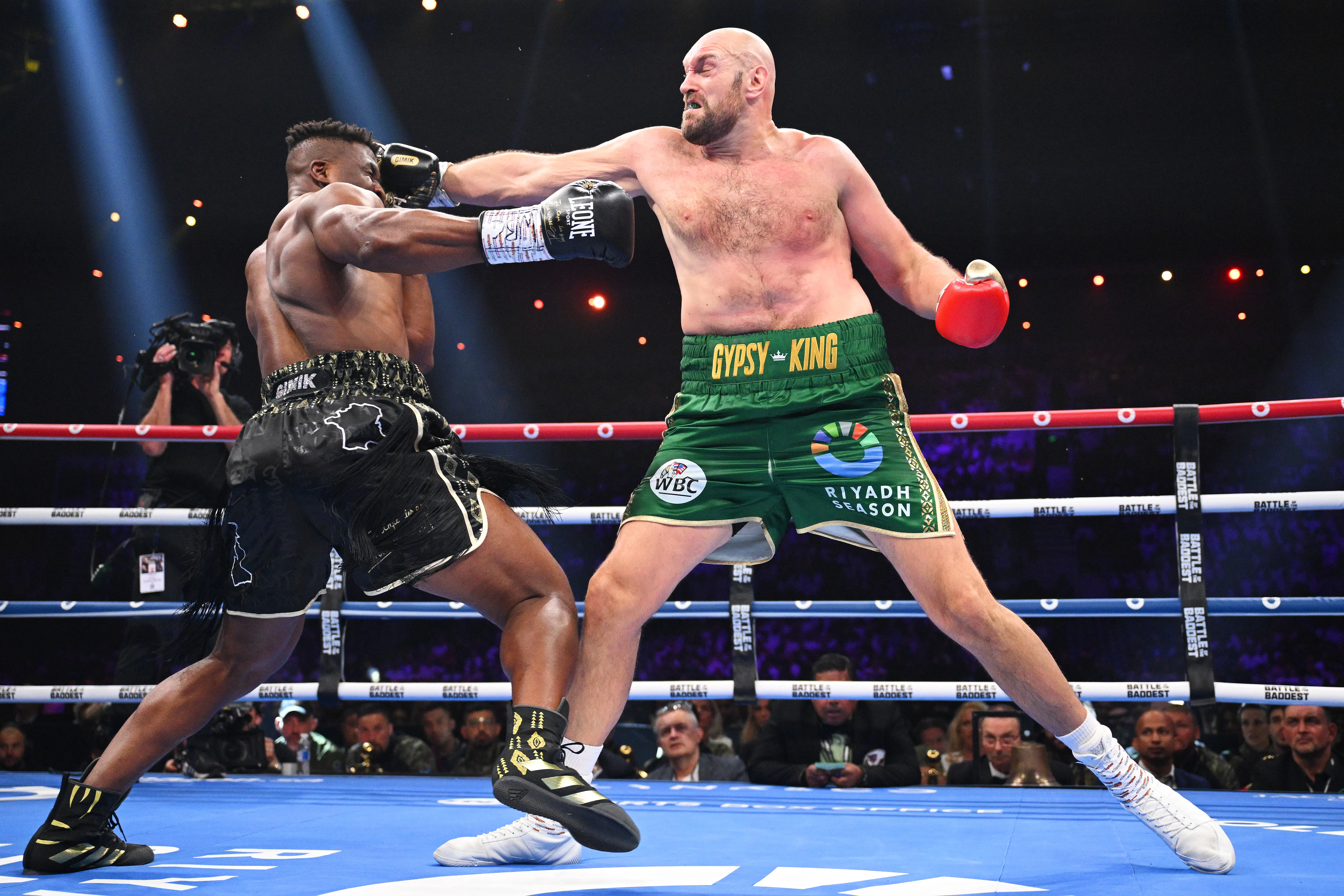
The Bravado That Defines Tyson Fury
From the very beginning of his career, Tyson Fury has embraced a controversial, in-your-face attitude that has set him apart from other fighters. Known for his verbal sparring as much as for his boxing skills, Fury’s big mouth has made him a household name in the sport. Whether it’s trash talking opponents like Deontay Wilder or mocking the entire boxing world, Fury knows how to command attention with his words.
Many see Fury’s trash talk as part of his larger-than-life persona. He has a knack for getting into his opponents’ heads, using mind games as an extension of his already dominant physical abilities. His boasting, declarations of invincibility, and challenges to anyone in the heavyweight division are, in many ways, part of the strategy that has propelled him to the top.
However, some critics argue that Fury’s excessive bravado may go beyond just playing the part of the “Gypsy King.” Could his constant self-promotion and verbal attacks be a mask for deeper fears of failure, vulnerability, and even doubt about his own abilities?
Trash Talk as a Defense Mechanism?
While Tyson Fury’s words may appear confident and even intimidating to some, there’s a growing belief that his trash talk could be a defense mechanism to protect himself from feelings of insecurity. After all, confidence and bravado are often used to cover up self-doubt, particularly in high-stakes professions like boxing.
Fury’s history has been marked by extreme highs and lows, both professionally and personally. The 2015 victory over Wladimir Klitschko, for example, should have been the crowning achievement of Fury’s career, but it led to an emotional and psychological breakdown that saw him step away from the sport for several years. Fury has openly admitted to battling depression, struggling with his mental health, and feeling overwhelmed by the pressures of fame and success.
During his time away from the sport, Fury gained significant weight and even entertained thoughts of retirement. When he returned to boxing in 2018, he faced the much-anticipated match with Deontay Wilder, which ended in a controversial draw. Many viewed Fury’s comeback as a triumph, but it was also clear that his confidence wasn’t as solid as it seemed. The trash talk was in full force, but beneath it, there seemed to be a fear of failure—especially after facing Wilder’s knockout power and struggling with his own self-doubt.
After losing to Oleksandr Usyk in their much-discussed battle for the undisputed heavyweight title, many observers noted that Fury’s constant bravado began to seem like less of a strategic tool and more of an attempt to shield himself from a loss that could damage his reputation. Fury’s wild claims of invincibility began to sound more like wishful thinking than solid confidence, leading to questions about whether he’s hiding his insecurities behind a well-rehearsed, combative public persona.
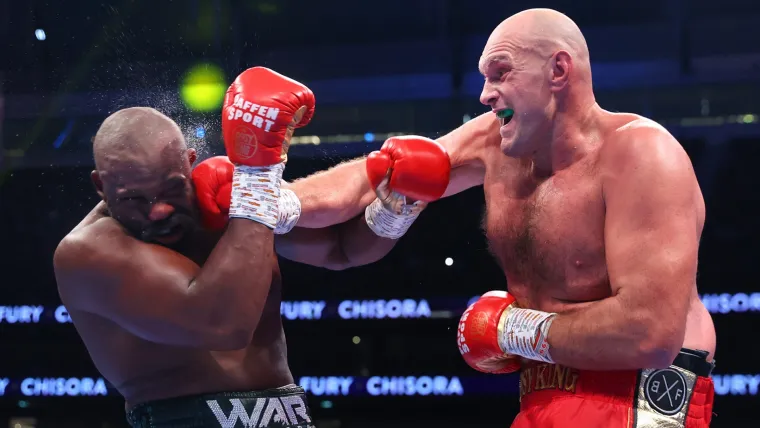
The Psychological Side of Tyson Fury’s Trash Talk
Tyson Fury’s mental battles, both inside and outside the ring, have been well documented. From substance abuse to severe depression, Fury’s struggle with his own mental health has been at the forefront of his career. It’s possible that his trash talk is a way to suppress these deeper emotional issues and maintain control over how he is perceived by fans, critics, and opponents.
Psychologists often suggest that individuals who display an excessive amount of confidence may be overcompensating for underlying fears or feelings of inadequacy. For Fury, his trash talk may be a shield—something he uses to project an image of power and invulnerability while hiding the vulnerability within. This psychological tactic allows Fury to hide his true feelings, especially when he is challenged or confronted with his own weaknesses.
In the lead-up to his fights, Fury often describes his opponents in a dismissive way, downplaying their skills and achievements. This approach is common among those who feel threatened but don’t want to admit their vulnerability. Oleksandr Usyk, for example, has been the subject of Fury’s harsh words. While Usyk is regarded as one of the most technically skilled boxers in the world, Fury has repeatedly dismissed him as less of a challenge. Whether this is simply part of his bravado or a way to mask his insecurities remains open to interpretation.
Is Fury’s trash talk an indicator of weakness?
Many might assume that Tyson Fury’s trash talk is simply part of his strategy to psychologically dominate his opponents, a tactic that has served him well in the past. However, it’s important to ask: Is Fury hiding his true fears behind the bravado?
It’s clear that Fury has incredible physical talent and boxing skills. His unorthodox style, coupled with his athleticism, has made him a difficult opponent for nearly every fighter he faces. But as we saw in his loss to Usyk, Fury’s weaknesses are becoming more apparent. His inability to fully deal with adversity, coupled with his refusal to acknowledge Usyk’s strengths, could suggest that Fury is trying to protect his ego by diminishing his opponent rather than focusing on improving himself.
In a sport as intense as boxing, mental fortitude is just as important as physical ability. The more Fury talks himself up, the harder it might be for him to acknowledge his own flaws, which can lead to dangerous levels of complacency or underperformance in the ring.


